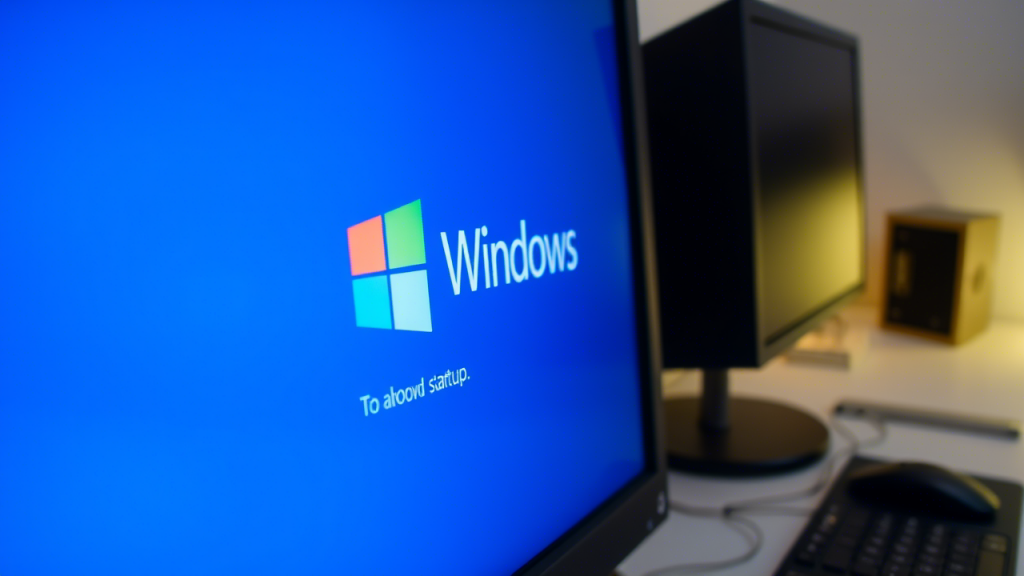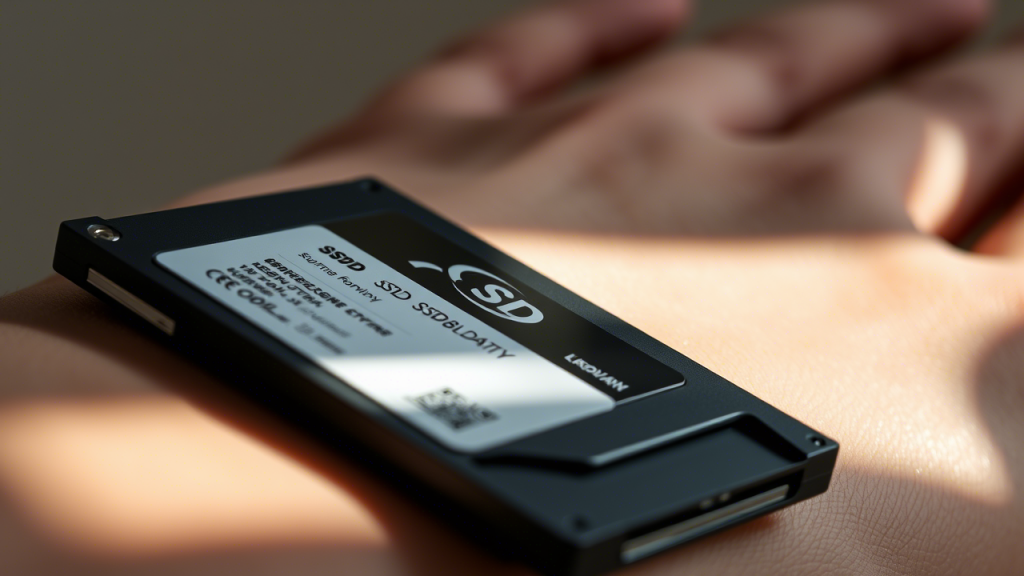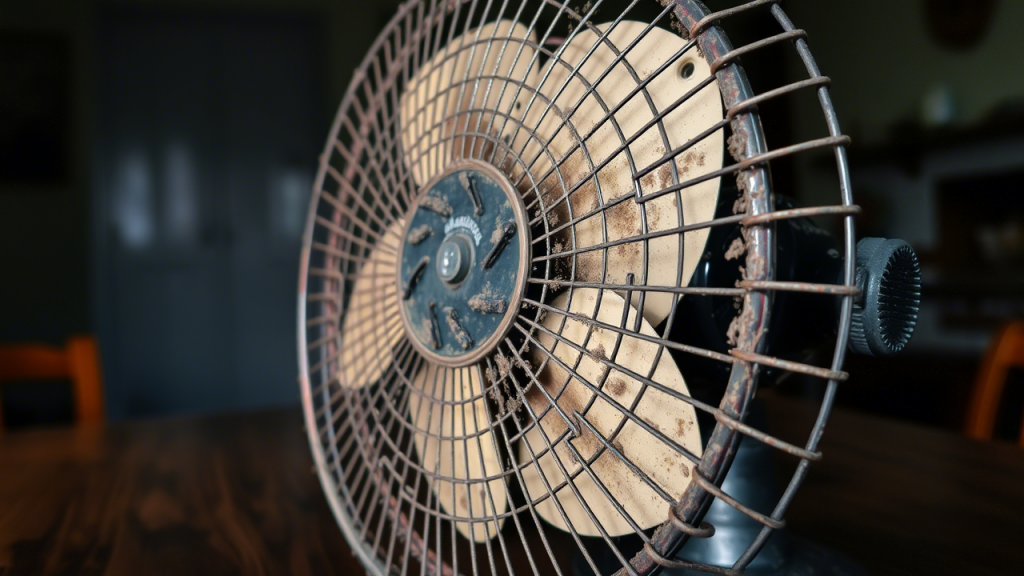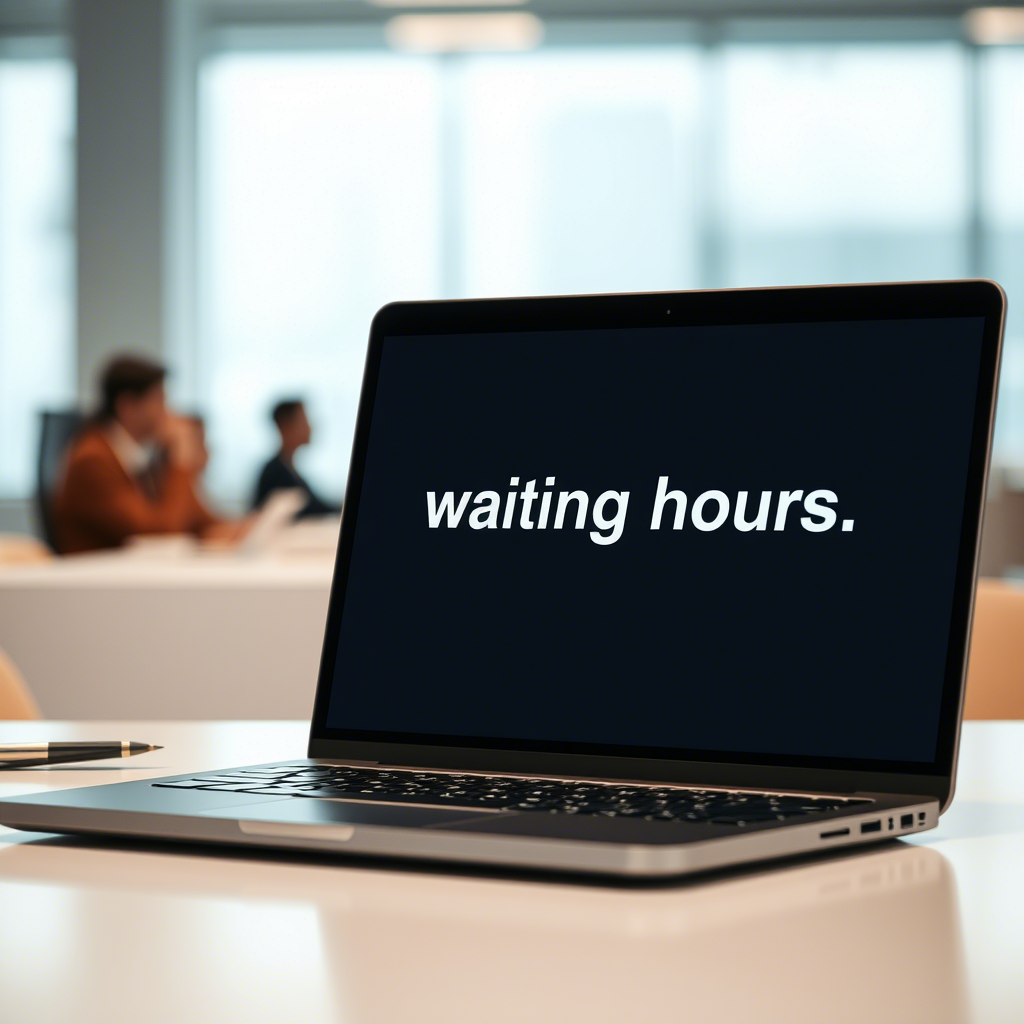🔍 Want to know why your computer is slow? In this article, we’ll look at the 5 main reasons and tell you what to do to get everything running again.
1. Startup overload – everything starts with the system
When you turn on your computer, dozens of programs can start automatically: instant messengers, updates, utilities… All of this slows down the boot process and reduces overall performance.
💡 How to fix it:
Press Ctrl + Shift + Esc, open “Task Manager”
Go to the Startup tab
Disable everything unnecessary (especially with the “High Impact” status)

2. Lack of RAM
If you have a lot of tabs open, programs like Photoshop, browsers, Discord are running — the RAM can simply “choke”. Then Windows starts using the swap file, which is much slower.
💡 What to do:
- Check memory consumption: Ctrl + Shift + Esc → Performance
- Close heavy applications
- If you have 4–8 GB of RAM, consider upgrading to 16 GB
- 📝 By the way, browsers (especially Chrome) like to “eat” memory — don’t keep 30 tabs open.
3. Hard drive instead of SSD
Old laptops and PCs still run on HDD, not SSD. The difference in speed is many times greater! HDD loads the system slowly, opens files and applications.
💡 How to speed up:
- Check the drive type: Start → This PC → Properties → Device Manager → Disks
- If you have HDD, urgently switch to SSD. Even a budget SSD will give a huge speed boost.

4. Accumulation of junk: cache, temporary files, background junk
Even if you don’t install new programs, the system accumulates a bunch of temporary and cached files over time. This affects the speed of startup and task execution.
💡 What helps:
- Open “Disk Cleanup”: Start → Disk Cleanup
- Use the Storage Sense utility in Windows 10/11
- Or install CCleaner (just don’t forget to disable automatic updates)
5. Viruses and adware
Sometimes the slowdowns are not caused by technical reasons, but by malware. Some viruses use your computer’s resources for mining, spying, or spam.
💡 How to detect:
- Install an antivirus, such as Malwarebytes or Bitdefender
- Scan the system
- Remove suspicious extensions in browsers
⚠️ Even free applications can install hidden processes that interfere with normal operation.
🔄 Additionally: what else can help
- Restart your computer at least once every few days
- Update drivers
- Monitor the temperature of components (via HWMonitor, for example)
- Remove heavy programs that you do not use
- Defragment your HDD (if you still have one)

Is your computer running slowly? There may be many reasons, but most of them are easy to fix. A little attention to the system – and even an old laptop can work much faster. The main thing is not to let things slide and to clean and check them from time to time.

Leave a Reply